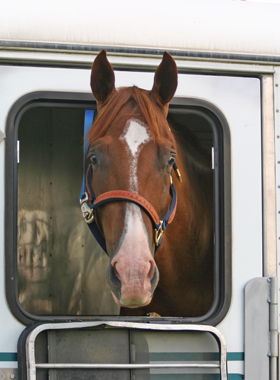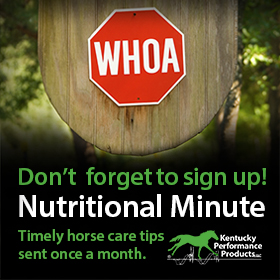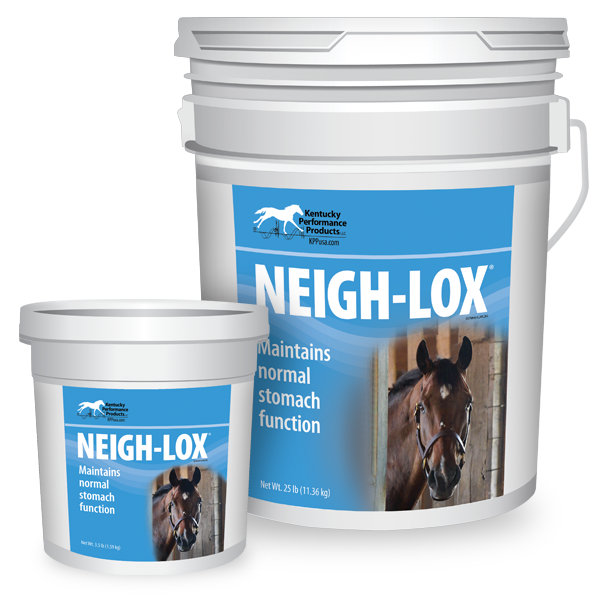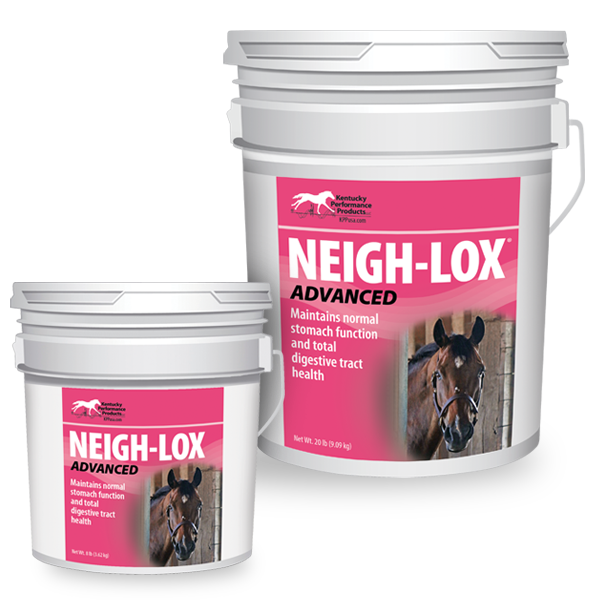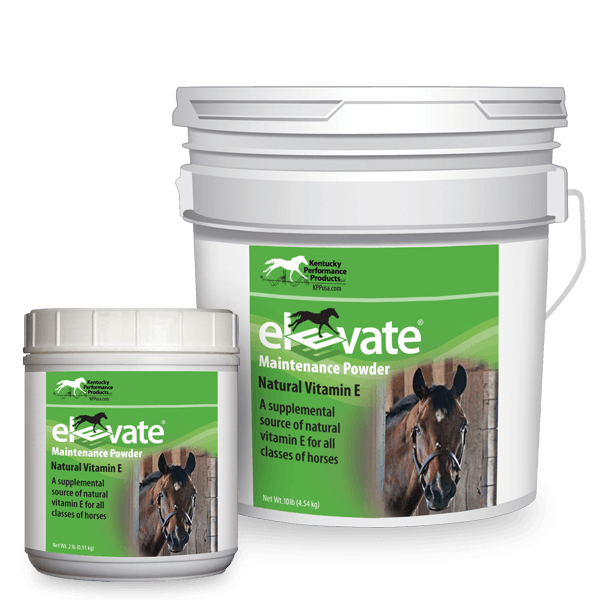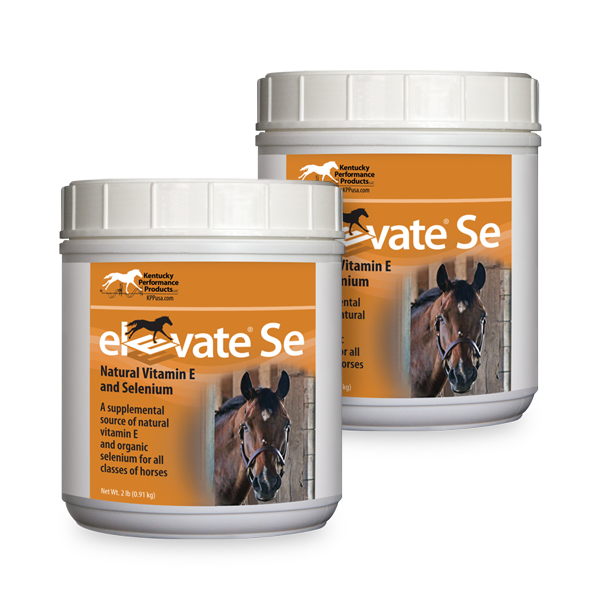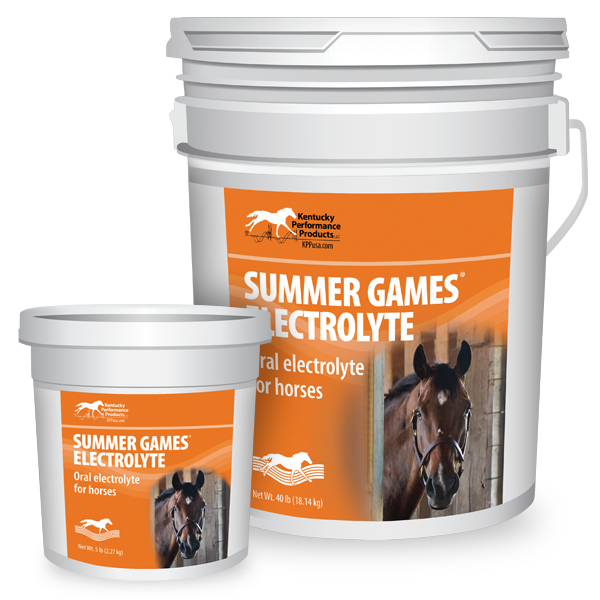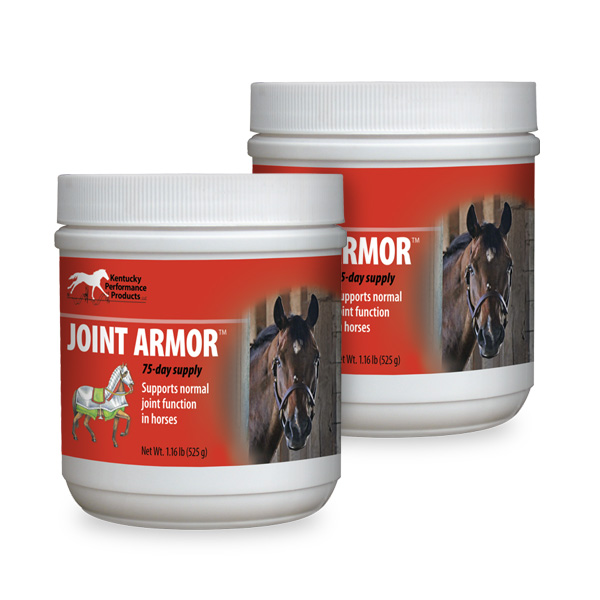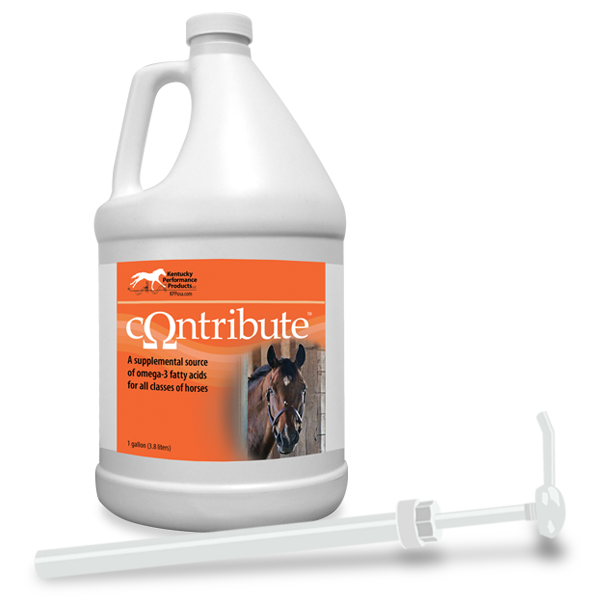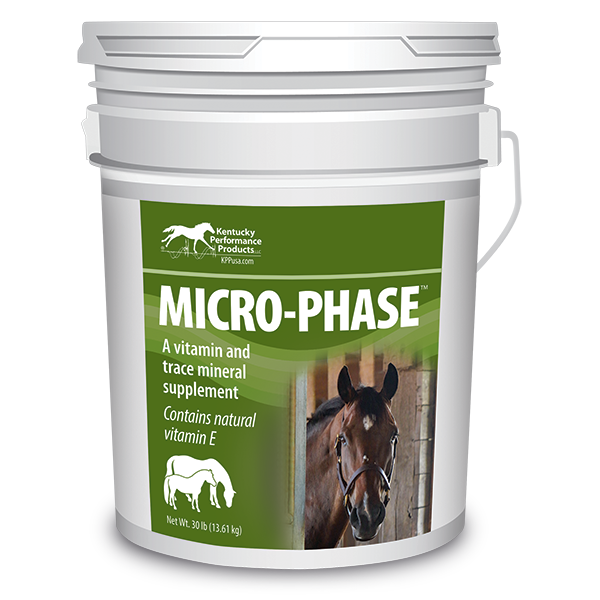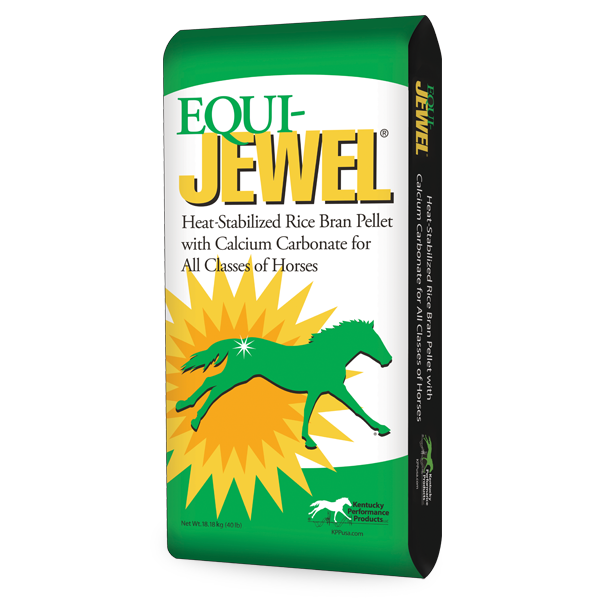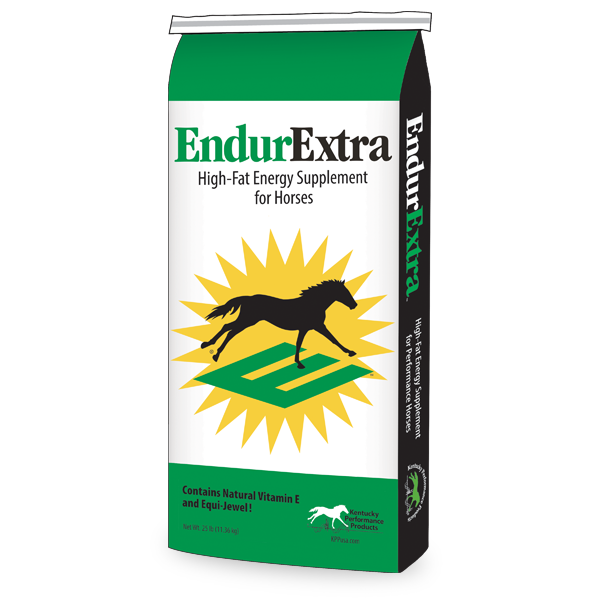Planes, Trains and Automobiles
Ever hauled your horse even just a few miles down the road and opened the trailer door to find he has apparently “unloaded” every ounce of his GI tract on your trailer floor and he is dripping wet with sweat? Let’s face it: traveling is stressful to horses. When the need arises to haul our horses to shows, clinics, vet offices or distant trails, it is our job to ensure that they stay as healthy and stress-free as possible. A combination of proper management and the right nutritional support can ensure your horses’ travels are stress-free.
Important Considerations
GI tract support
Supporting optimal digestive tract health is imperative when horses are on the road. Research has shown that when a horse’s routine and diet are disrupted, he can develop gastric ulcers in a matter of days. The sensitive microbial population of your horse’s hindgut can be thrown out of balance in a matter of hours. Regardless of how careful you are, some change is inevitable; therefore, horses on the go often benefit from added support. While traveling, change your horse’s diet and feeding schedule as little as possible; provide access to free-choice hay; and feed frequent, small concentrate meals that are low in sugar and starch. Offering supplements that buffer excess acid and support healthy GI tract tissues will greatly reduce the risk of ulcers, colic and laminitis that are caused by travel-related digestive tract imbalances. Overall GI tract health impacts the immune system, so a healthy gut really does equate to a healthier horse. When you are traveling, it is more important than ever for your horse to remain in top condition.
Electrolytes
There are many reasons that traveling horses sweat. It can be from anxiety, excitement, or just because they are enclosed in a warm trailer. Regardless of the reason for sweating, the lost fluids and electrolytes will need to be replaced if your horse is to remain healthy. In certain cases, stressed horses relieve themselves of excessive manure that has a cow flop consistency. Such behavior will also contribute to fluid and electrolyte losses. Supplementing electrolytes is highly recommended for horses on the go. A well-balanced electrolyte supplement will encourage drinking and replace lost electrolytes. Horses should be offered water often throughout their trip. We don’t recommend dissolving electrolytes in your horse’s drinking water as this may reduce his or her water intake. It is best to dose electrolytes with an oral dosing syringe or mixing them in the feed so you know exactly how much you are providing. If you have a picky horse, bring water from home or acclimate your horse to flavored water before you leave on your trip so he will continue to drink on the road.
Natural vitamin E
Your horse’s immune status can be greatly impacted by stressful situations. Whether traveling to a remote ride in the mountains with friends or participating in a local show, your horse will undoubtedly be coming into contact with horses he’s not encountered before. Making new friends with a compromised immune system is not an ideal situation, so supporting the immune system with natural vitamin E is always a good plan of action.
B vitamins and magnesium
Tranquilizing your horse for purposes of shipping is never a good idea. Horses need all their senses to stabilize their shifting weight as they bump down the road (or in the air). Therefore, providing calming aids with researched nutrients such as thiamine (vitamin B1) and magnesium is a great alternative.

